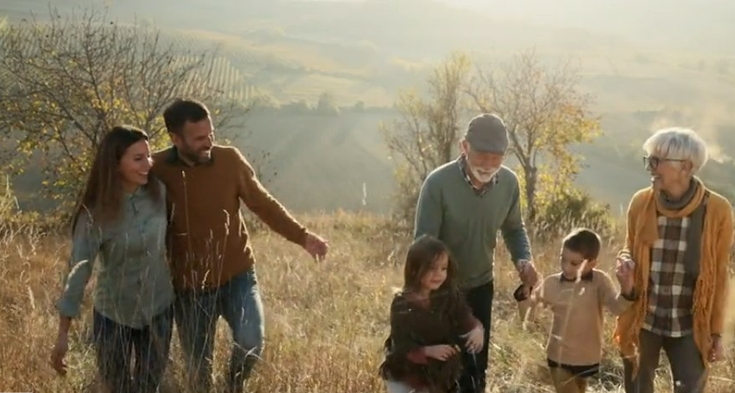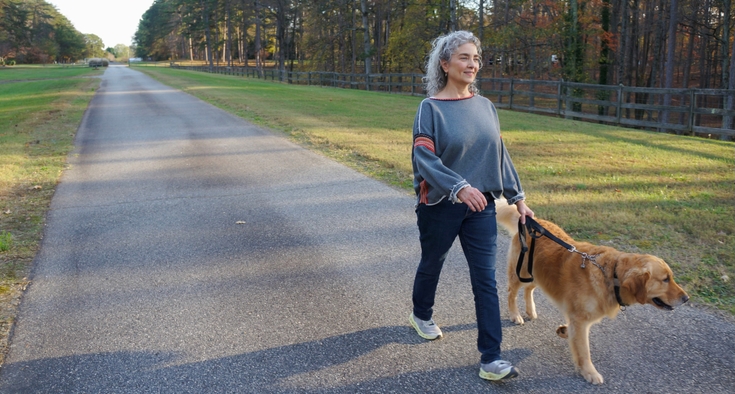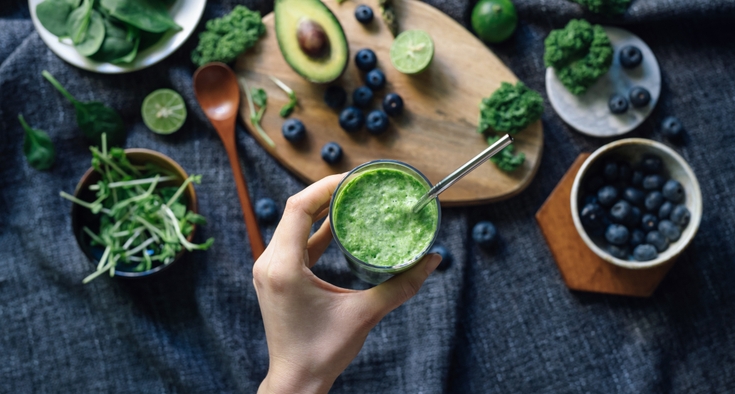If you’ve decided to curb your alcohol intake this month, you’re already well on your way to a healthier future.
While some check the box come February and go back to their old habits, medical experts ask us to pause and reflect on how to change our habits for the future months and years.
The 31-day reprieve from drinking, known as Dry January, is a great first step toward reducing the risk of developing at least seven types of cancer, including breast and colorectal. That’s because it takes only one drink a day to elevate that risk, the Office of the U.S. Surgeon General stated in an advisory released Jan. 3.
Because alcohol is the third-leading cause of cancer in the U.S. (behind smoking and excess body weight) the report recommends that warning labels accompany beer, wine and spirits. It’s estimated that alcohol contributes to 100,000 new cancer diagnoses and 20,000 cancer deaths each year in the U.S.
Aside from cancer, drinking puts people at risk of alcohol use disorder, which affects about 30 million individuals in the U.S. and increases the risk of a host of illnesses, including heart disease, liver disease, digestive problems and high blood pressure.
Looking at the wide-ranging repercussions of alcohol consumption, it’s easy to see why reducing consumption, or even giving it up completely, can be a smart move for our health. But for some who associate alcohol with relaxation and fun, going permanently sober can feel daunting. That’s why some medical professionals support the one-month commitment.

Jason Honaker, a family medicine physician assistant at Novant Health Oceanside Family Medicine - Bolivia, is a Dry January advocate, and believes in leading through example.
“We know very well that alcohol isn’t great for our bodies, but many people brush that under the rug,” he told Wilmington’s WECT News during a recent interview. “If I’m telling my patients to stop drinking … I think it’s good for me to be part of that as well.”
The first step to better health and a happier you? A check-up.
The short- and long-term health benefits of Dry January
Studies show that many who quit drinking short term experience wide-ranging benefits. In 2018, the medical journal BMJ Open reported these health results for moderate and heavy drinkers who went dry for only one month:
- Improved blood pressure
- Reduced cancer risk
- Better sleep at night
- Higher energy levels
- Improved mood during the day
- Lessened risk of developing Type 2 diabetes
- Improved liver function
Reducing or eliminating alcohol can also support weight loss by reducing overall calorie consumption, Honaker said, so some may see the scale drop a few pounds during Dry January. Others may notice clearer skin, as alcohol has inflammatory qualities that can impact conditions like eczema, psoriasis and acne.
While most Dry January participants return to drinking, many decide to tweak their intake and cut back for the rest of the year. Why? Because the health improvements they experience in just 31 days motivate longer-term change.
A study conducted by the American Psychological Association found that Dry January participants who returned to drinking drank an average of one fewer day each week, and one fewer drink during each day of drinking, even six months later. For many, a temporary hiatus from drinking can lead to a long-term positive assessment of the risks versus the benefits of alcohol, and they return to drinking more mindfully as a result.
How Novant Health can help
Health care clinicians like Honaker can be your allies through the Dry January journey and beyond by guiding you to stay on course and meet your personal goals.
For those affected by alcohol use disorder, a stepped-down approach to drinking with a health care clinician’s guidance may be a more successful and sustainable approach to stopping drinking than quitting cold-turkey.
The obstacles to stopping alcohol consumption are not always obvious. It can be easy to slip or relapse when switching to mocktails or nonalcoholic beer, because even small amounts of alcohol can be risky and cause cravings.
Another speed bump? The social culture attached to alcohol. Honaker pointed out places like Brunswick County, where many patients are retiring and relocating to the beach, are often associated with drinking with family and friends.
“Alcohol remains a big part of the social landscape,” Honaker said.
It’s easy to fall back into old habits. When it comes to cutting alcohol intake versus quitting altogether, the National Institute on Alcohol Abuse and Alcoholism advises that you look beyond Dry January. Making a detailed plan with your health care team’s help can keep you honest with yourself all year long.












